ABOUT US
Ancient Language, Modern Pedagogy
We will help you reach your language proficiency goals.
The Ancient Language Institute exists to aid students in their path to proficiency in ancient languages, and to improve the way ancient languages are taught.
We believe that what makes languages distinct is their unique history and literature – not the methods and principles required to learn them.
Through interactive approaches to vocabulary and grammar, graded and extensive exposure to comprehensible input, and accompanied by active use of the target language, students can acquire proficiency in ancient languages as successfully as they do modern ones. Thus, we aim to expose students to the best materials available in order to equip them to read great literature and to reach their linguistic and academic goals.
We are also committed to developing tools in order to help meet the great need there is for comprehensible input materials for ancient languages.
The Ancient Language Institute currently offers online courses in Latin; online courses in Biblical Hebrew; online courses in two forms of Greek: the Ancient Greek of Athens, and the Greek of the New Testament; and online courses in Old English.
Who We Are
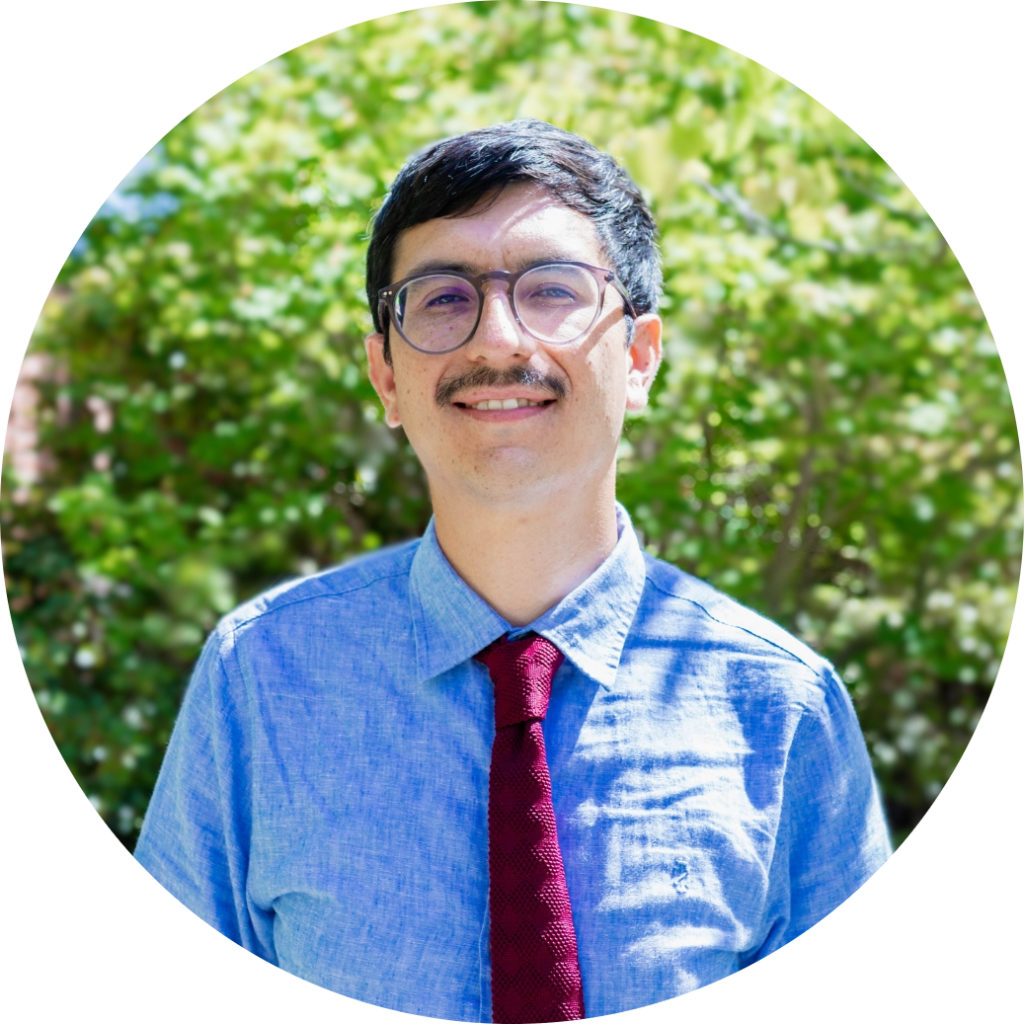
Jonathan Roberts, our President and Co-Founder, hails from Aguascalientes, Mexico. Legend has it that one day, after slaying a chupacabra with his bare hands, a puma granted him the power to teach languages. Whether that’s true or not, he most certainly has enjoyed teaching Latin to hundreds of students over the years, who have ranged from middle schoolers to college professors. Jonathan has previously taught Latin at Great Hearts Academies, Veritas Scholars Academy, and Davenant Latin Institute.
Jonathan graduated from The King’s College in New York City with a degree in Politics, Philosophy, & Economics, and was awarded a Master of Arts in Philosophy from the University of Missouri in 2017. He co-hosts the New Humanists podcast with Ryan Hammill.
Get in touch with Jonathan on Twitter.
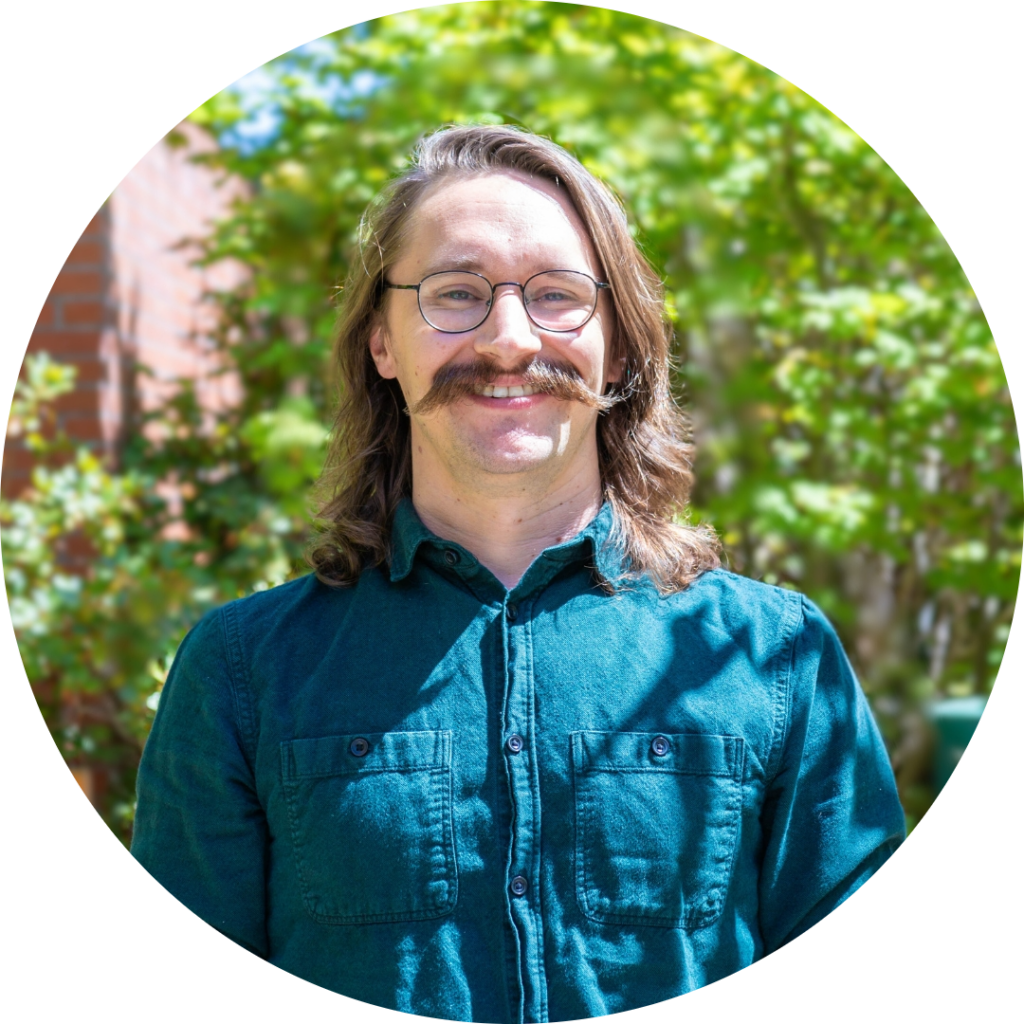
Ryan Hammill, our Executive Director and Co-Founder, runs the marketing, editorial, and business operations side of the Ancient Language Institute. He was converted to a comprehensible input approach to language instruction back in 2017 as a student in a Latin class run by Jonathan Roberts (which Ryan took along with Calvin Goligher, now an ALI Latin & Greek Fellow).
Ryan received an A.B. in History from Occidental College in 2015, where he also studied French and Russian. He has experience in journalism and digital marketing, and co-hosts the podcast New Humanists with Jonathan.
Get in touch with Ryan on Twitter.
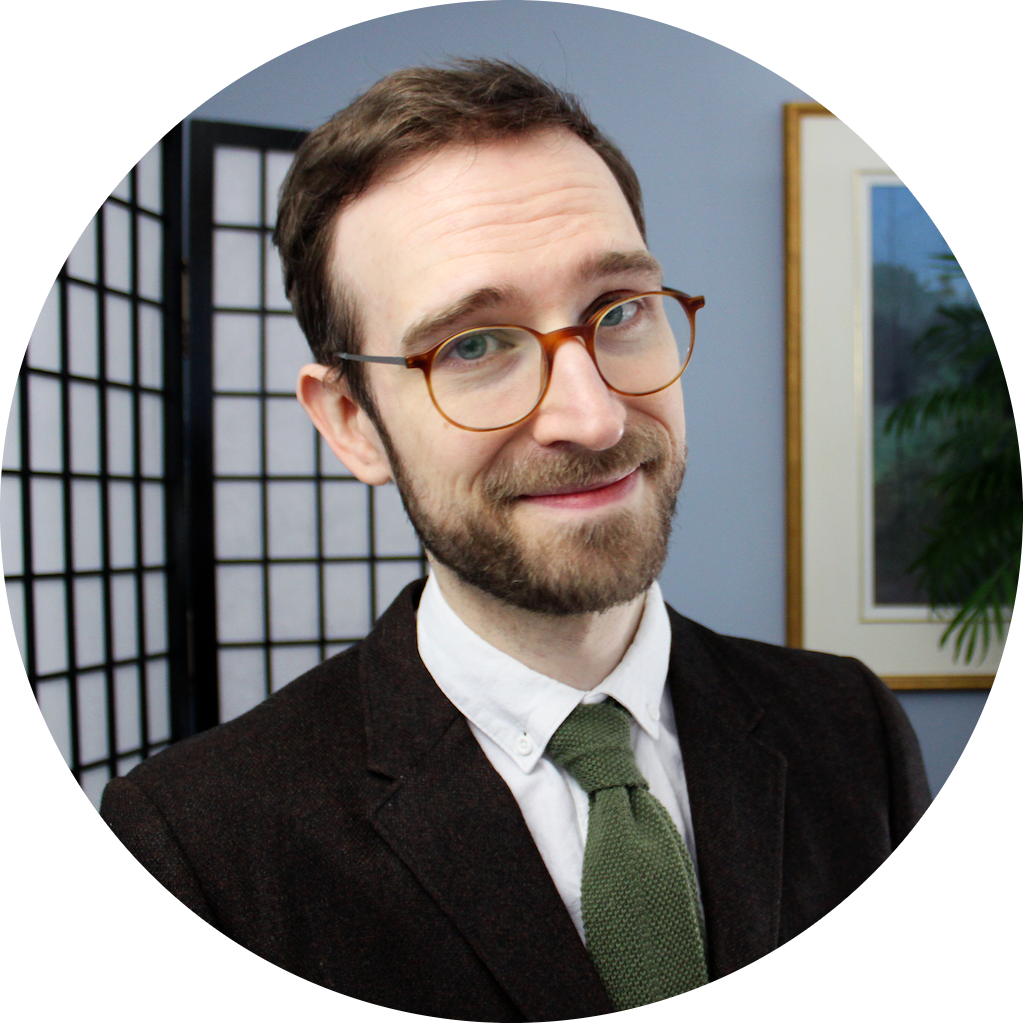
Colin Gorrie, the Dean of the ALI Latin for Kids Program and our Old English & Latin Fellow, is a linguist with interests in historical linguistics and ancient language pedagogy. He is also a serial (and parallel) language learner with over two decades of experience experimenting with language learning and teaching methods on a wide variety of languages, both ancient and modern, from around the world. These experiments have culminated in the writing of Ōsweald Bera, the first direct method textbook for Old English.
Colin received his BA in Linguistics from the University of Toronto and his PhD in Linguistics from the University of Arizona. He is dedicated to linguistics outreach, and his YouTube channel hosts over a hundred videos illustrating concepts in linguistics, often applying these concepts to the art of making constructed languages.
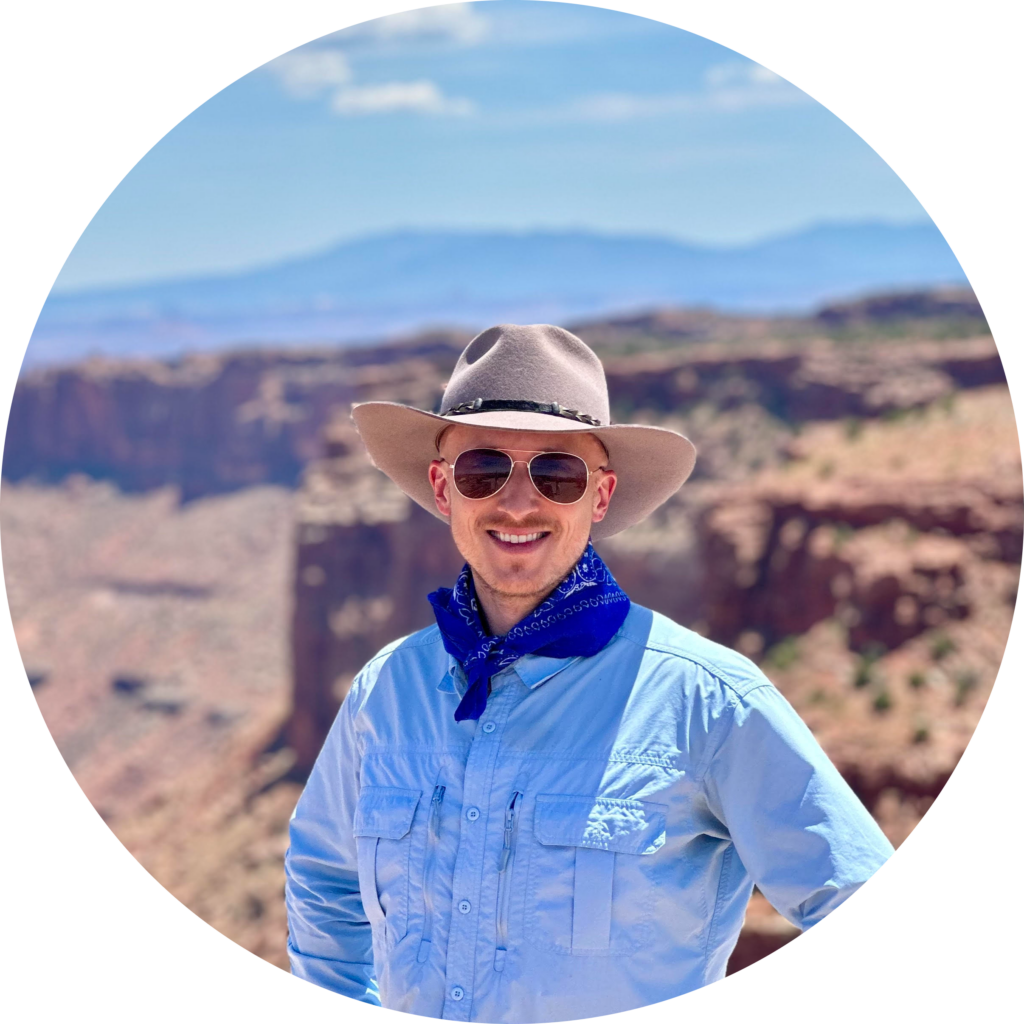
Luke Amadeus Ranieri, our Greek & Latin Fellow, is a Pennsylvania native and helicopter pilot in the US Army. Driven however by his passion for the Classics, he spends his free time applying all his energy to the study of Latin and Ancient Greek, and is especially interested in phonology.
Ranieri’s Youtube channel ScorpioMartianus hosts hundreds of videos in Latin and Ancient Greek, including songs, news, and educational materials.
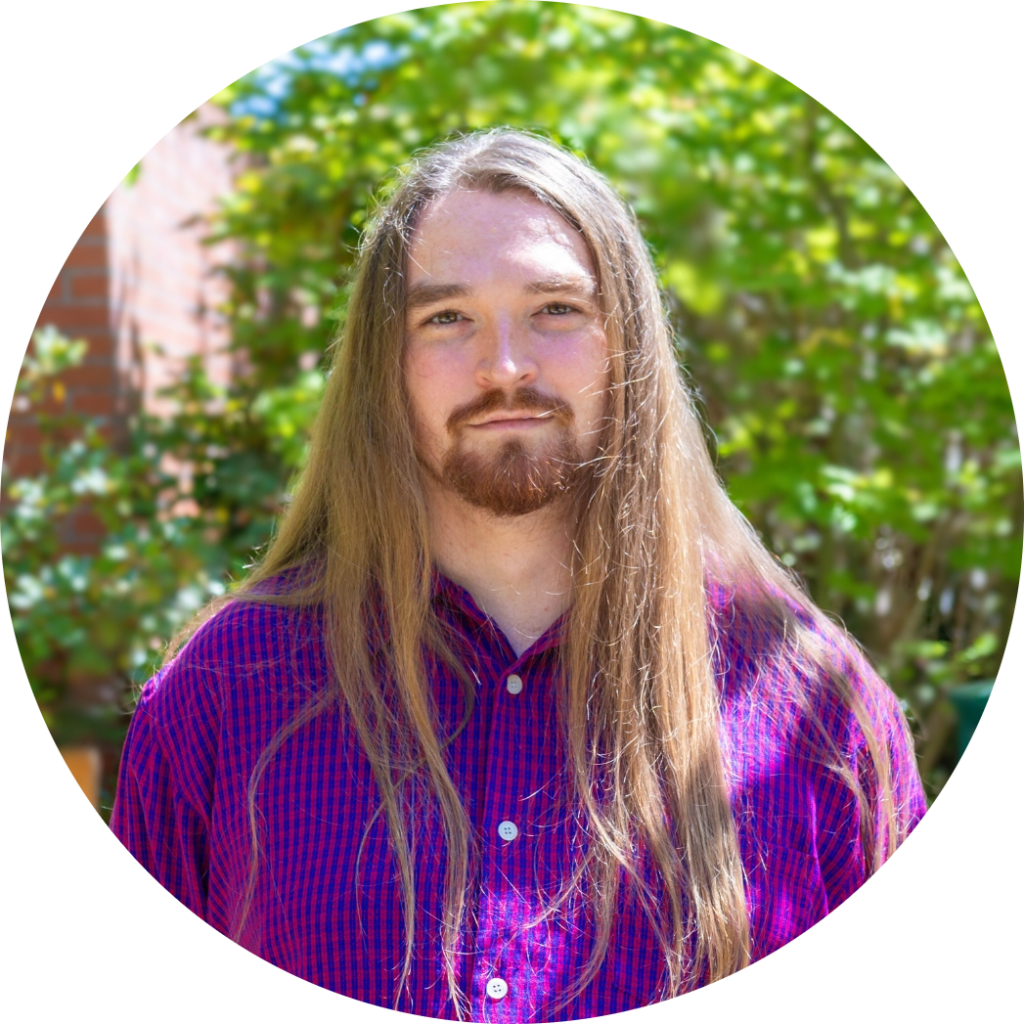
Logan Kilpelä, our Greek & Latin Fellow, has a bachelor’s degree in the Liberal Arts from Michigan State University, but he has for many years been a private student of Latin and Ancient Greek. Since he first learned the languages through the study of grammar and translation, and only learned to speak them relatively late, he knows the difference between these two methods well, and the great advantage of the latter over the former. He has become an exponent, therefore, of the active use of Latin and Greek, not only as a paedagogical method, but even more so as a philological technique. That is to say, by speaking their languages one may come to cross a bridge in time and apprehend the thoughts of the Ancients as easily as one does what is written now in newspapers and novels. To this end he takes a particular interest in the didactic dialogues of Erasmus, Schottennius, and Pontânus, which preserve the Classical style even fifteen hundred years after the death of Cicero. Logan has previous experience teaching ancient languages in the public school system and as a private tutor.
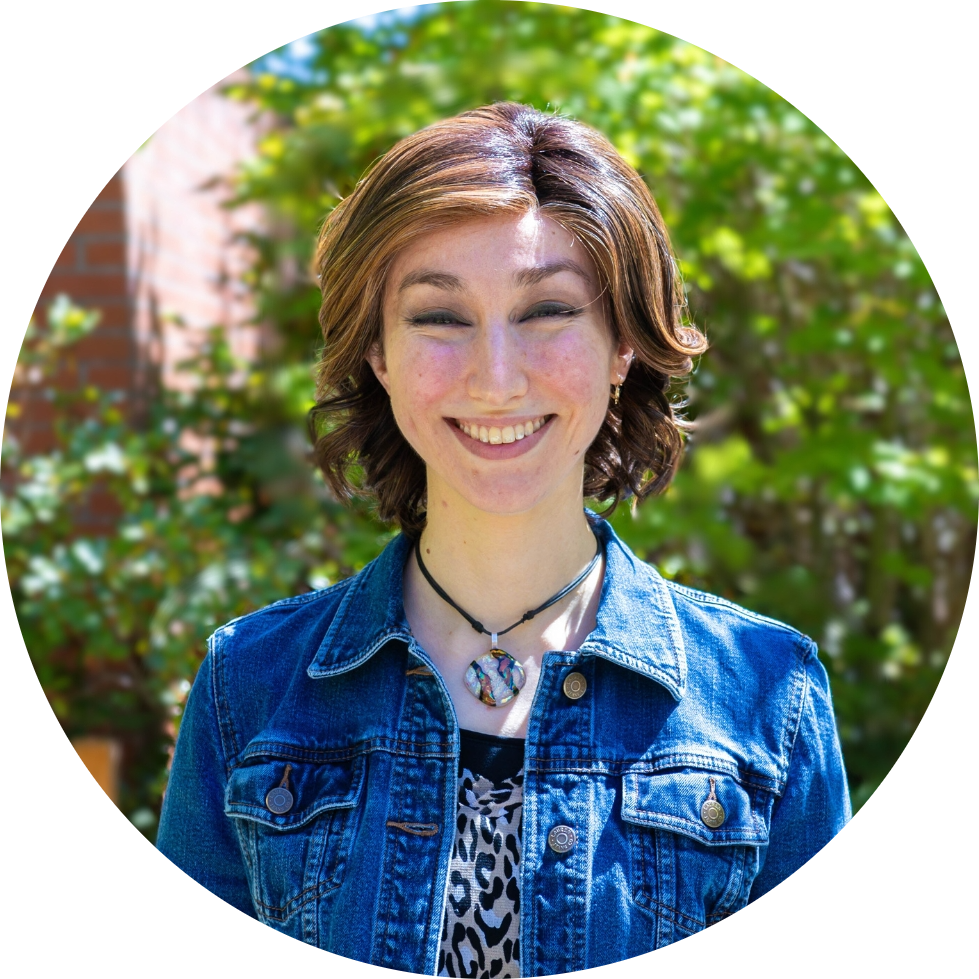
Katherine L. Bradshaw, our Latin & Greek Fellow, has an irrepressible enthusiasm for classical Christian education that connects students with enduring ideas from the past. This passion drives her teaching of college-level Latin and ancient Greek both at ALI and as an Adjunct Faculty Member at Abilene Christian University. Whether her classroom is in person or online, Katherine guides students on the path to engaging with ancient authors directly, without the need for a translator’s mediation. Along the way, she encourages her students to explore, examine, and enjoy the ancient world’s resonance in their own lives.
Katherine has an M.A. in Classics from the University of Maryland, as well as an M.A. in English from the George Washington University. She is happiest when discussing shared aspects of the human experience, particularly if the conversation turns to Shakespeare, historic Christianity, Latin poetry, Latin and ancient Greek biography, or the classical tradition in English literature. In addition to highlighting interdisciplinary links across time and space, Katherine can be found speaking Latin and ancient Greek at various immersion workshops, knitting for charity, or training for Spartan obstacle course races.
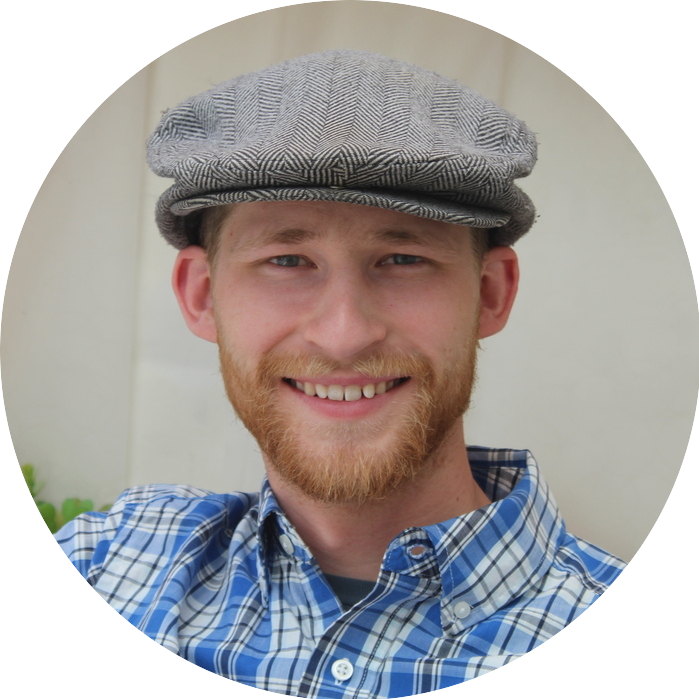
Tyler Foster, our Hebrew & Greek Fellow, received his Bachelor’s degree in the Biblical Languages and Theology from Bethlehem College and Seminary in Minneapolis, MN. Having been taught Biblical Hebrew with a semi-spoken methodology in his undergraduate program, he gained an appreciation and love for this language, and desires to pass on this love to others. Tyler is also a graduate of the Master of Arts in Ancient Philology at Polis—the Jerusalem Institute of Languages and Humanities, where he studied both Ancient Greek and Biblical Hebrew through the immersive Polis Method.
He believes that the Bible should not be read as a code that needs to be deciphered and then translated, but instead should be fluently read as what it is—a beautiful story of God’s love and restoration. He strongly believes that learning Greek and Hebrew through immersion aids that goal.
When he has time, he enjoys playing Settlers of Catan (in English or Biblical Hebrew), memorizing portions of the Biblical text, and woodworking.
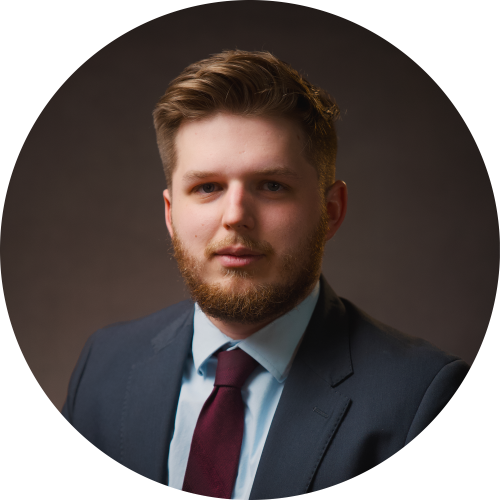
Carter Ehnis, our Latin & Ancient Greek Fellow, is Lecturer of Languages at New Saint Andrews College, where he teaches Latin and Greek. He holds an M.A. in Theology and Letters from New Saint Andrews College and is currently pursuing graduate work at the Graduate Institute of Applied Linguistics where he is working towards an M.A. in Descriptive Linguistics. His goal is to pursue doctoral work in the field of linguistics.
Starting in high school, Carter was driven by the desire to actually learn a language from beginning to end. This led him to personal study into second language acquisition theory. Carter discovered the importance of comprehensible input as the foundation of language learning and this allowed him to succeed in his goal of studying a language fully. Carter continued this passion of language learning with languages such as German, French, and Spanish and, when he arrived at college, he continued by studying Latin and Greek. At NSA, he has had the opportunity to study the Latin works of authors such as Virgil, Apuleius, Ovid, and Phaedrus, all while discussing these works in the original language itself. Carter believes strongly that reading and then actively using a language is how one really learns and the grammar/translation method limits one’s ability to fully grasp the language.
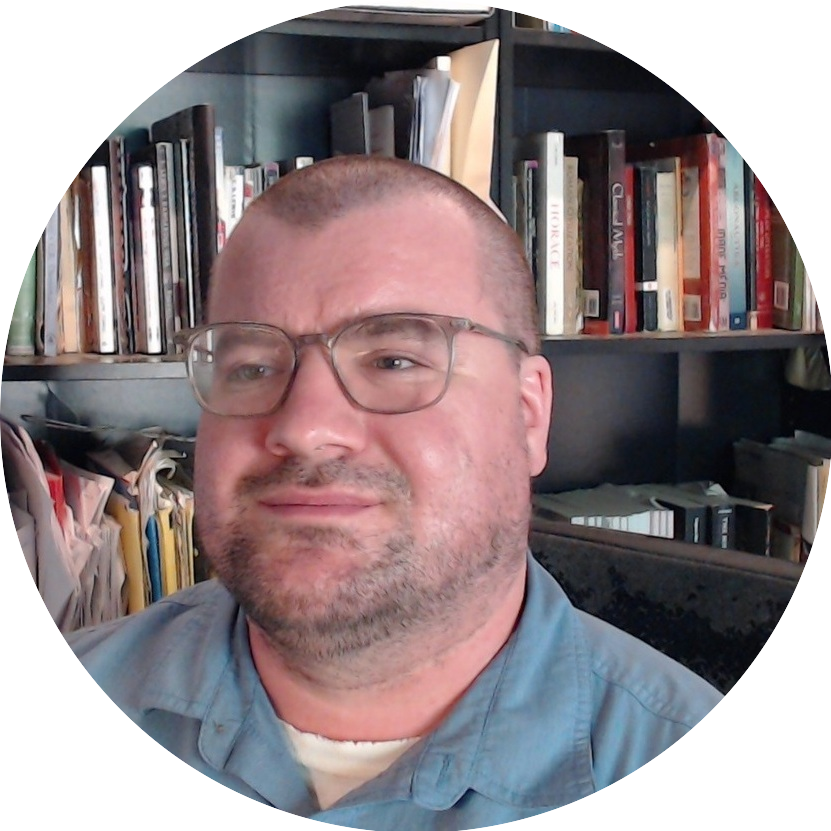
Leo Hunt, our Latin & Greek Fellow, was born in Portugal of American parents, and can lay claim to being a lifelong learner of languages both modern and ancient. A desire to become intimately acquainted with the roots of western civilization drove him to obtain a B.A. in Classical Studies from Seton Hall University and an M.A. in Greek and Latin from the Catholic University of America, where he was also awakened with the desire to know intimately the worlds of the fathers and doctors of the Church, with a special focus on Maximus the Confessor.
While an ongoing and avid student of ancient Greek language and literature in all their successive phases, as well as the modern Greek idiom alongside other modern European languages, Leo became acquainted in recent years with the growing movement for spoken Latin and ancient Greek, and pedagogy based upon active use and comprehensible input. He has made his own the mission to reform the teaching of the classical languages along these exciting lines, and to do his part to unveil past ages directly for an ever-growing community of students and scholars.
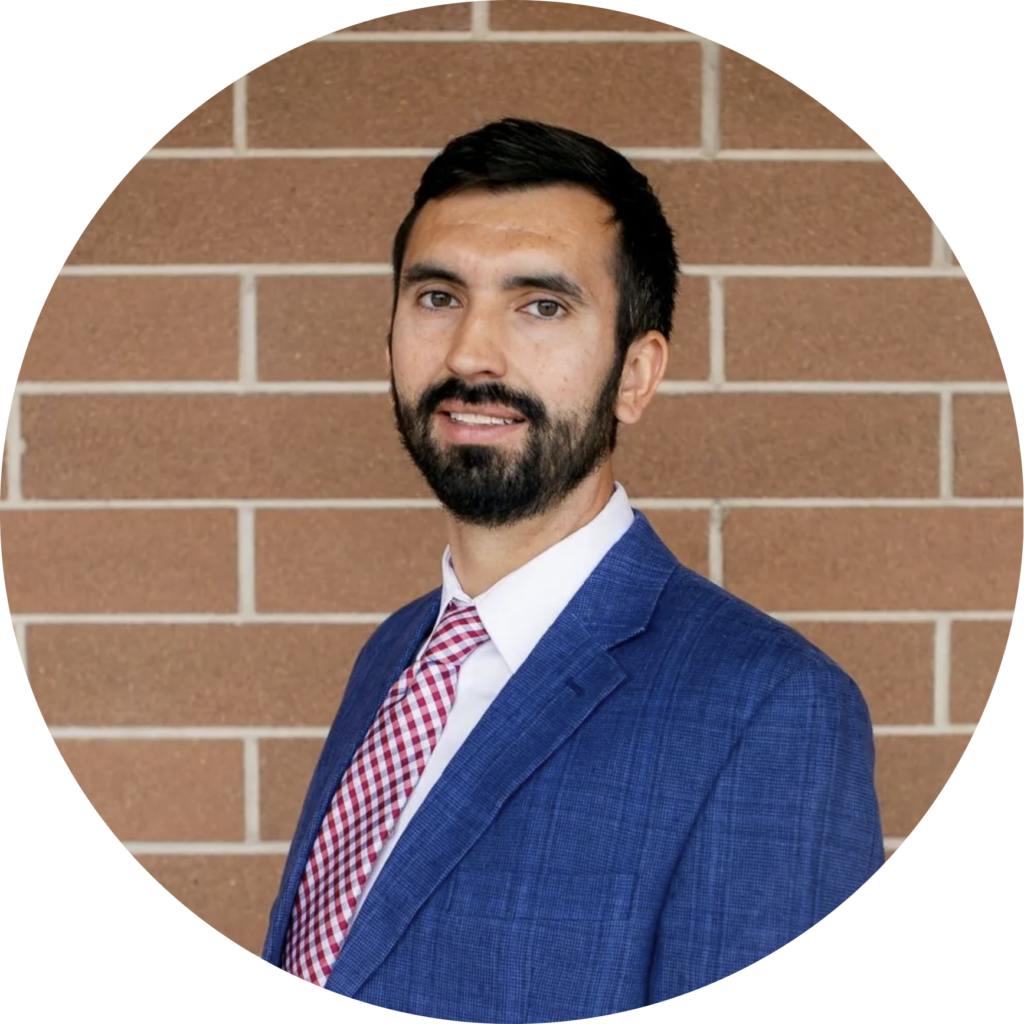
Joseph Roberts, our Latin Fellow, is one of Jonathan Roberts’s younger brothers. He received a B.A. and an M.A. from New Saint Andrews College. During his time there he studied Latin, Greek, and Hebrew, as well as participating in their Wenden House Latin translation projects. Immediately after graduating he began teaching Latin full time in private schools. He is now the head of school of Lewis Clark Christian School and teaches Latin on the side. In his spare time he writes Latin stories which his wife illustrates.
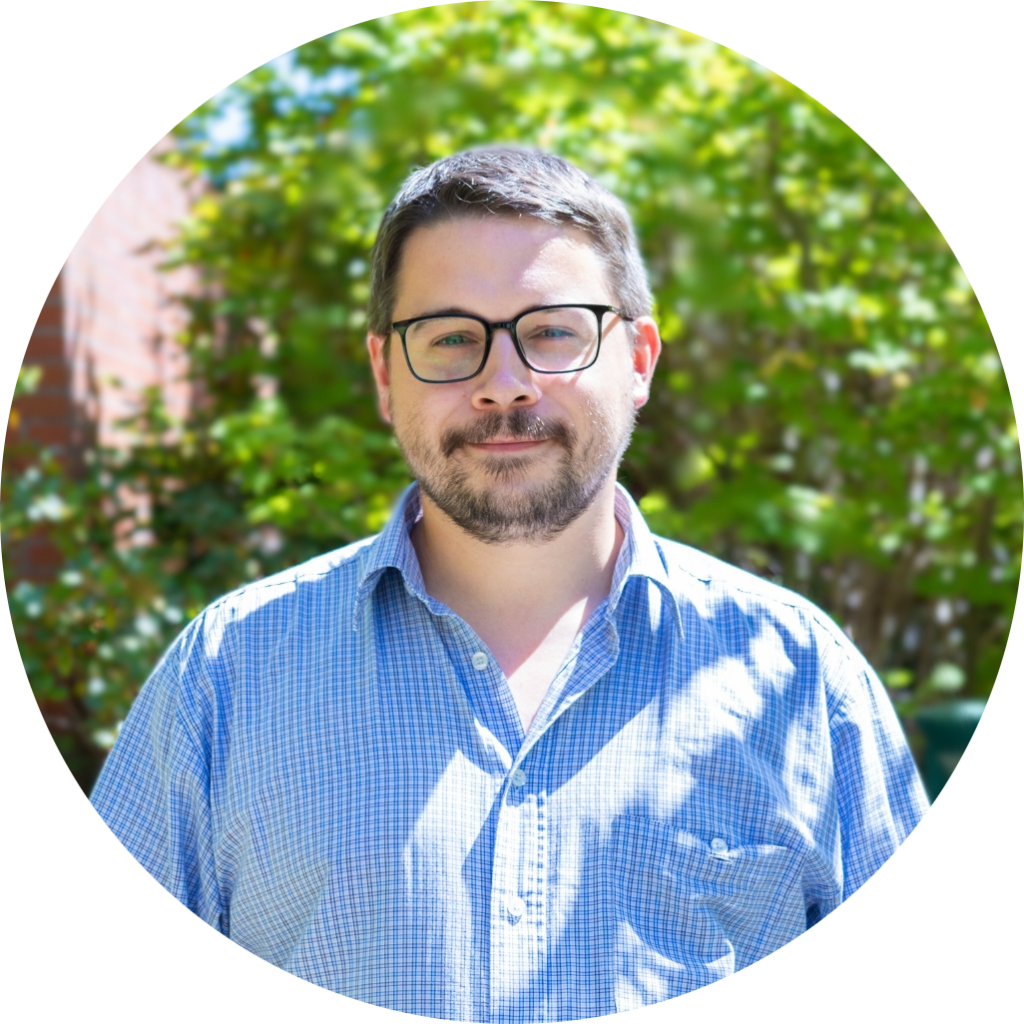
Michael Kopf, our Latin & Greek Fellow, was born and raised in Upper Austria. He has studied and lived in Munich, Vienna, and Jerusalem. Since receiving his MA in Ancient Philology from the Polis Institute in 2015, he has taught Latin and Greek to middle-schoolers, high-schoolers, graduate students, as well as independent learners in immersion and in more conventional settings. His special interests include ancient grammatical texts as well as the use of poetry in language teaching. In 2020, he and his wife decided to resettle in rural Austria from where they both teach classical languages in different capacities.
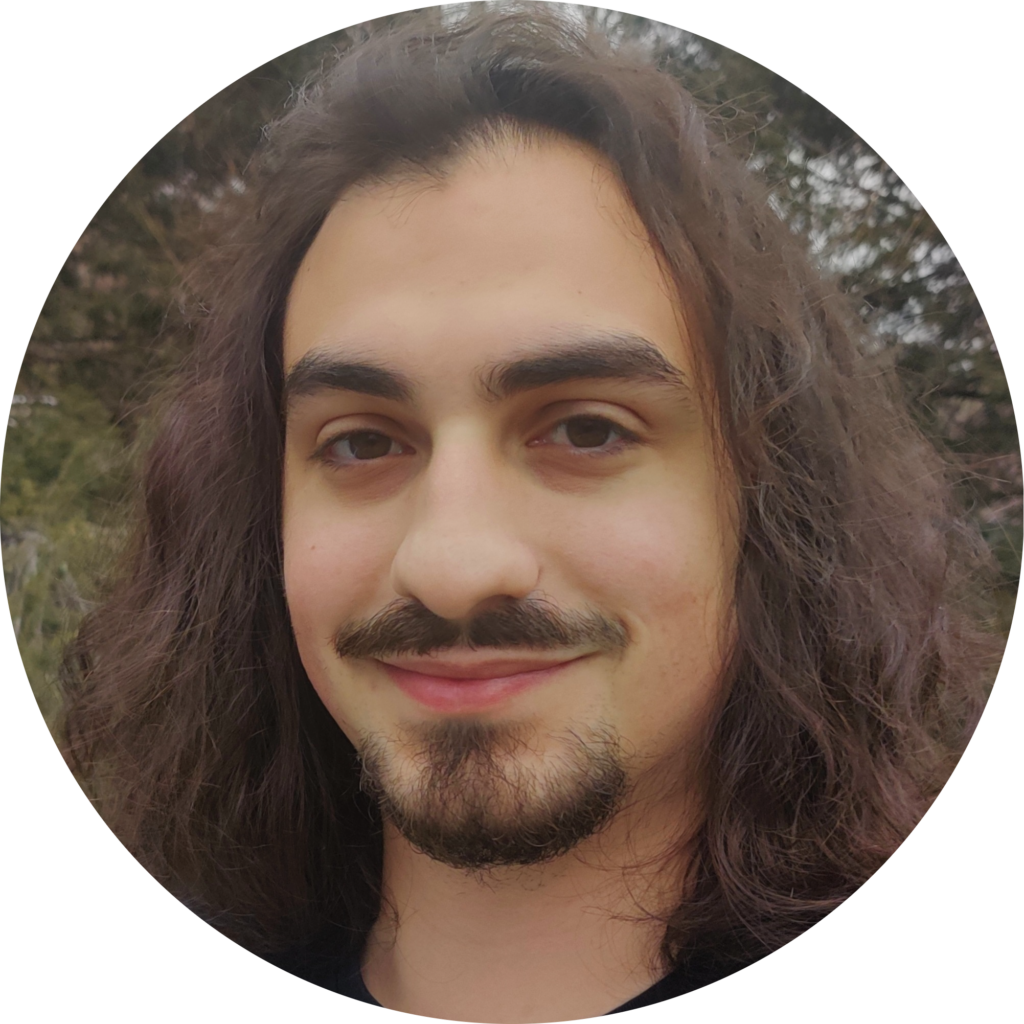
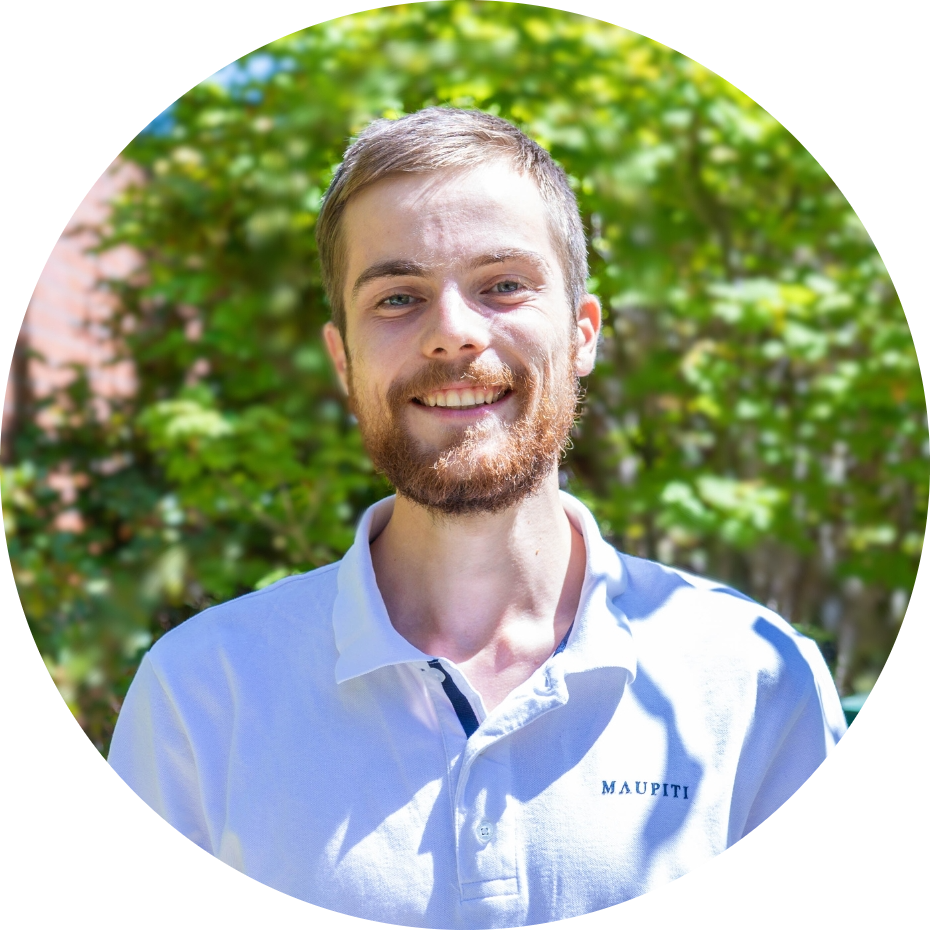
Vladimir Chiurlea, our Ancient Greek & Latin Fellow, was born in the wild city of Bucharest, Romania. While completing his BA in Byzantine Music, he caught the fever of Ancient Greek and is yet to recover. When he is not teaching and reading Ancient Greek, he is roaming the streets and parks of Romania spreading the contagion of Greek poetry. He has experience teaching Ancient Greek to total beginners and advanced students both online and in-person.

Daria Sesina, our Ancient Greek & Latin Fellow, was born in Saint Petersburg. She started learning Latin and Greek at the classical gymnasium there, and then received a B.A. and M.A. in Classics at Saint Petersburg State University, specializing in Greek medical texts and the Corpus Galenicum. She proceeds with her academic research at the Sapienza University of Rome in Italy studying Egyptology and comparing Egyptian medical prescriptions with those preserved in Greek papyri. She has been teaching Latin and Greek to students of all ages since 2016. Her special interests include Mycenaean Greek and Linear B, comparative Indo-European linguistics, the “sixth sense” of animals in Greek literature, melic poetry and papyrology.
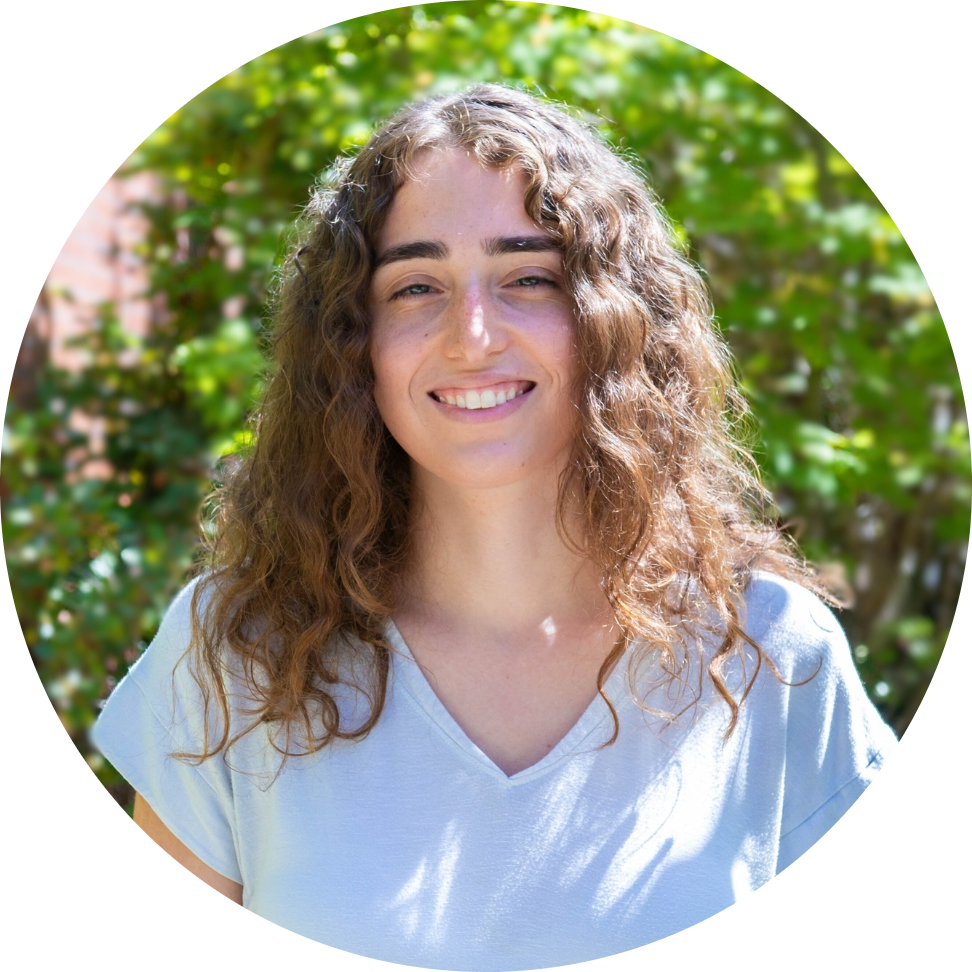
Joanna Thornhill, our Ancient Greek & Latin Fellow, was born and raised in sunny Los Angeles, California. She studies Liberal Arts at St. John’s College in Santa Fe, New Mexico. She has a great passion for ancient languages and has taken part in Latin and Greek courses at a variety of institutions, including spending several summers at the Accademia Vivarium Novum. She has taught a variety of students Greek and Latin both in individual and group settings. Outside of her studies, she can be found snowboarding down the slopes in the Santa Fe mountains.
You can find her on Twitter here: @JThornhill51
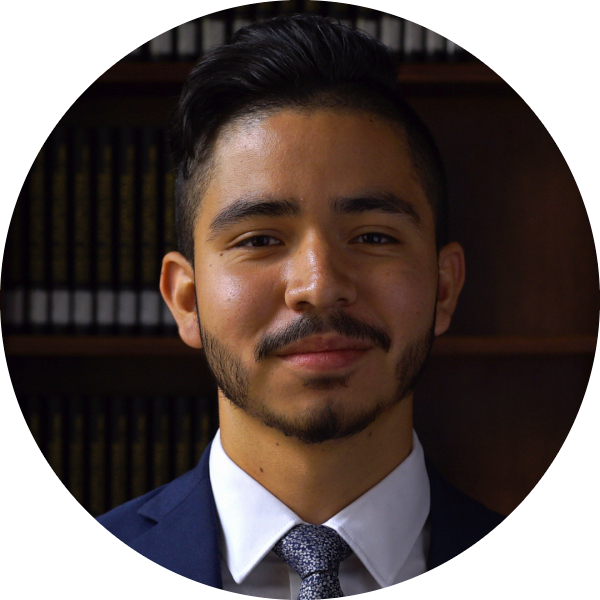
Bruce Lorenzana, our Ancient Greek & Latin Fellow, in his study of Latin, Classical Greek, Koine Greek, and Biblical Hebrew, has had a simple motivation: to access the wisdom of the dead in its original language in order to better pursue virtue amongst the living. He believes this task involves not only coming to understand the philosophy and theology of the ancient peoples but also becoming enchanted with their languages’ phonetic and syntactical beauty, which beauty is the verbal flowering of unique human experiences.
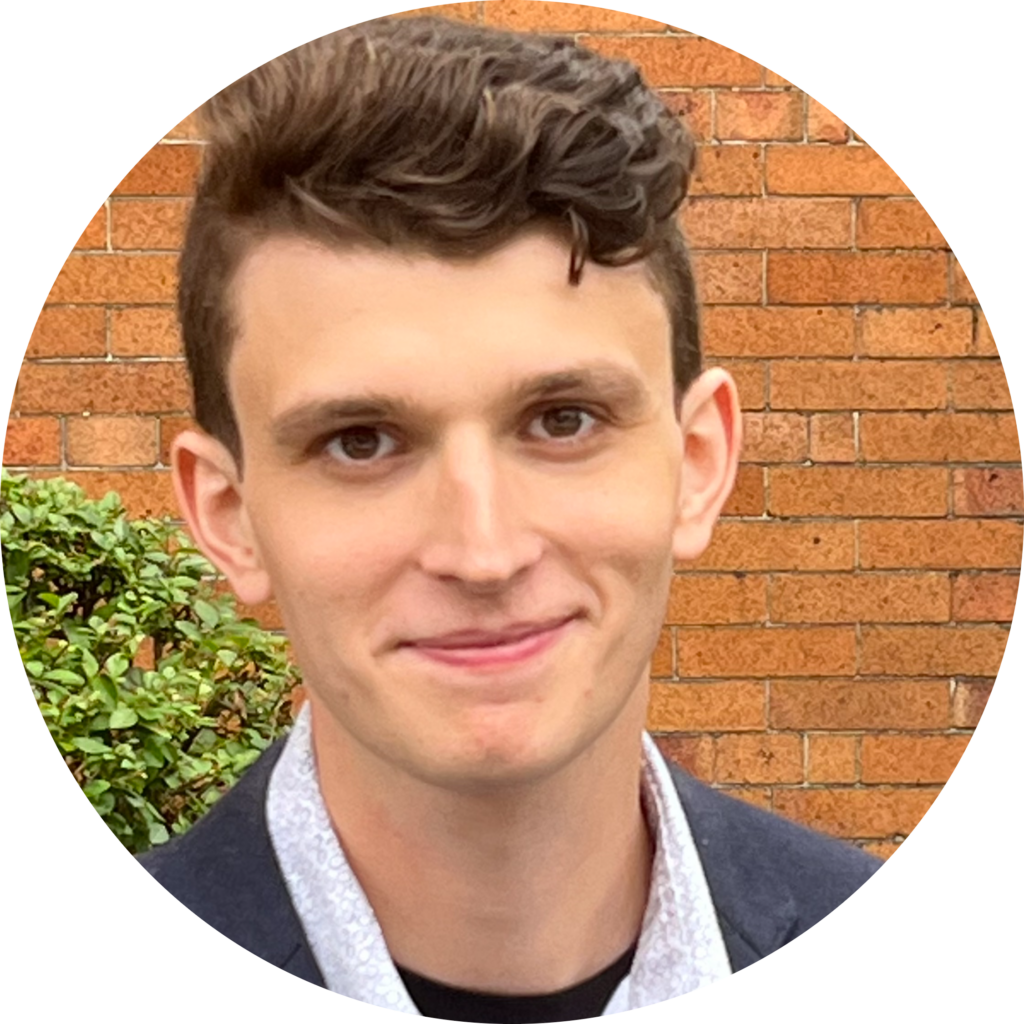
Hi! My name is Oliver Whetstone, an Ancient Greek and Latin Fellow at ALI and I am excited to teach you an ancient language! I recently completed my undergraduate degree in Classics and Philosophy at Harvard University in 2018, and an MSt in Ancient Philosophy at Lady Margaret Hall, University of Oxford in 2020, where I specialized in Ancient Logic. After graduating, I taught Ancient Greek for Jesus and Harris Manchester Colleges, Oxford, and co-founded Oxford Latinitas Ltd, a company set up by people who met through Classics at Oxford to provide Active Method language teaching in ancient Greek and Latin, before moving on to the Ancient Language Institute. Currently, I am back in NYC, working on founding a similar society at Princeton University.
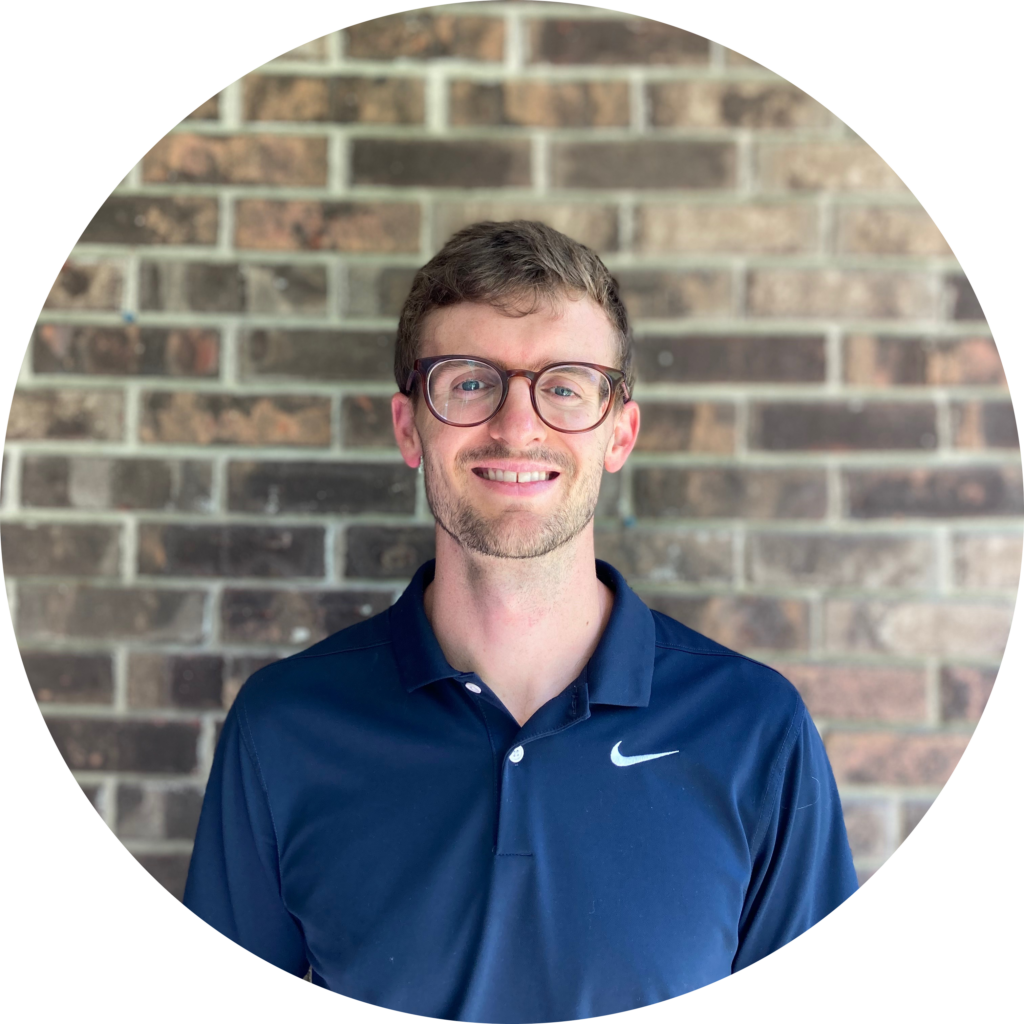
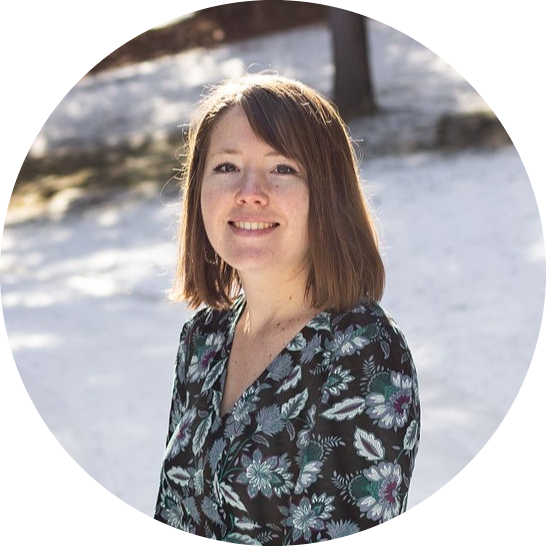
Rachel Lorenzana, our Ancient Greek and Latin Fellow, gained a love of spoken classical languages in her undergrad at New Saint Andrews College. After experimenting with mixed and fully immersive teaching methods at a classical Christian school in Santa Cruz, CA, she received her MA in Classics under Drs. Tunberg and Minkova at the University of Kentucky and supplemented the program with online Polis courses in spoken Ancient Greek. Through Polis courses, she was introduced to the international spoken Ancient Greek community and, in addition to various online courses, attended summer intensives in Greece with Michael Kopf (teacher), Vladimir Chiurlea, and Joanna Thornhill. Here, she also fell in love with the Mediterranean Sea. She is beginning her third year teaching Greek and Latin at New Saint Andrews College. She has a special interest in Greek drama and has developed language learning materials both in pursuance of her degrees and with Picta Dicta.
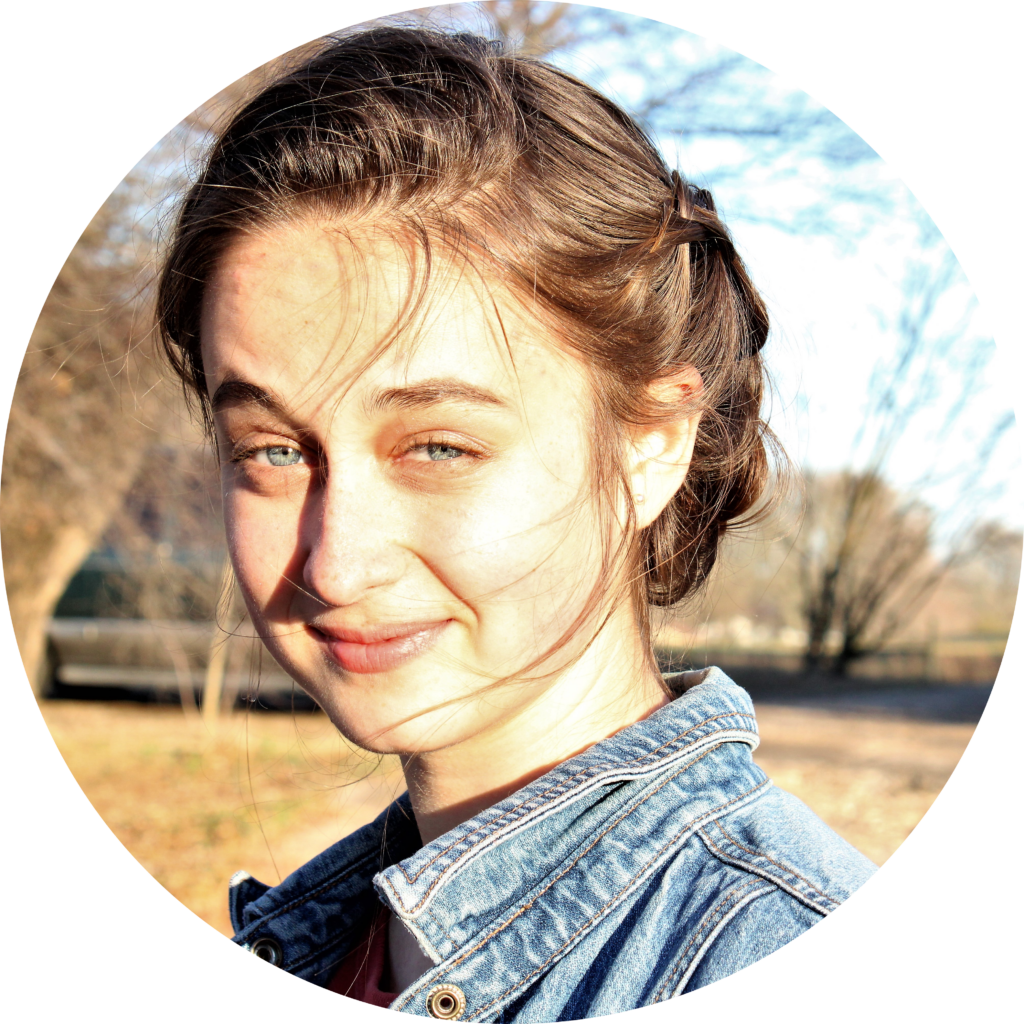
Anna McLeran, our Latin Fellow, first encountered spoken languages at New Saint Andrews College, where she had the opportunity to encounter ancient writers like Virgil, Apuleius, and Ovid in the original Latin. This sparked a love for language learning, and she continues Latin studies while also pursuing Biblical Hebrew. She is excited to be able to pass that love along by guiding kids through a more immersive language-learning process so that they will also be prepared to tackle texts like the Aeneid later on in their education and fully appreciate them in the form in which they were meant to be experienced.
In her spare time, she enjoys playing the flute, singing, and enjoying good food and books!
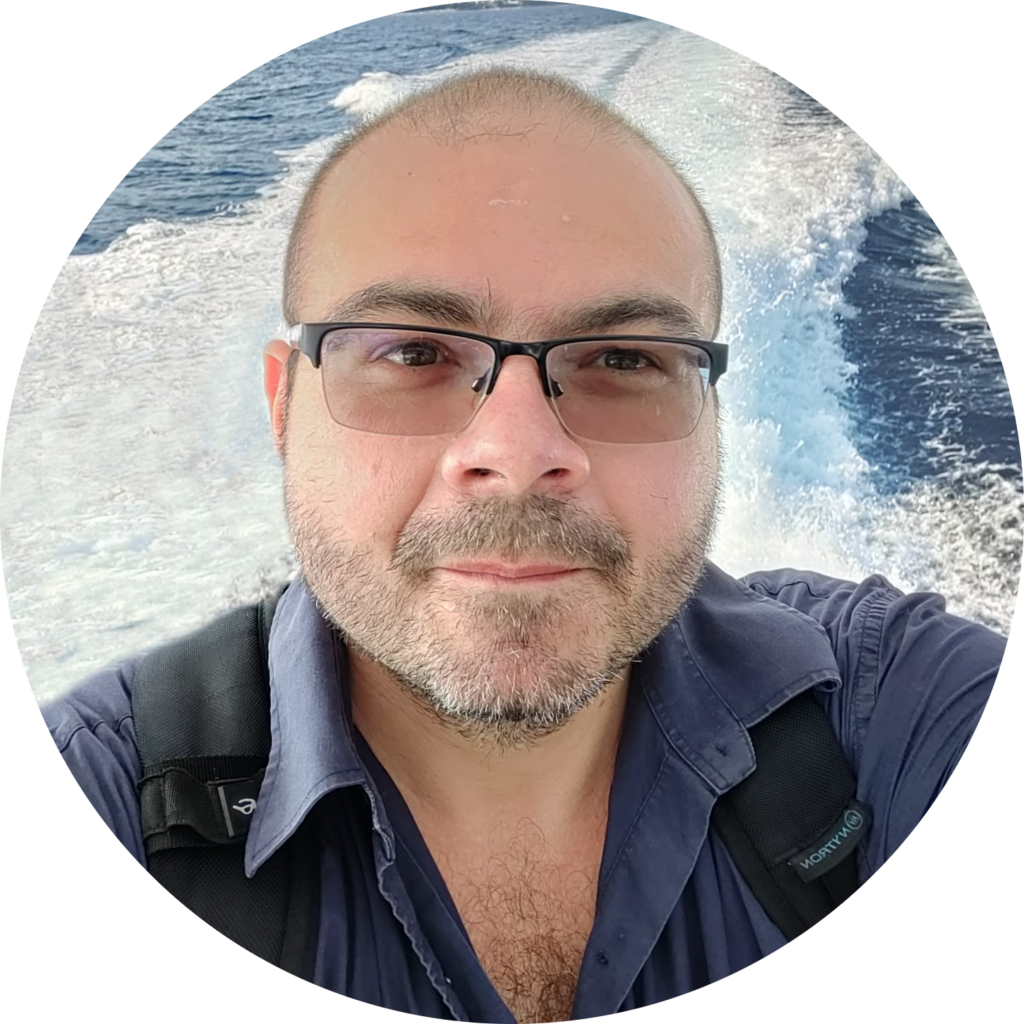
Fernando Barreto De Morais, our Ancient Greek & Latin Fellow, completed a master’s in Ancient Philology from the Polis Institute of Languages and Humanities and a master’s in Classics from Washington University in St. Louis. He also holds an M.A. degree in Literary Studies and a B.A. in Ancient Greek from the Federal University of Parana. Fernando has been teaching Greek since 2008, and his research interests are focused on the history of education, Platonism, self-knowledge in antiquity, and second language acquisition.
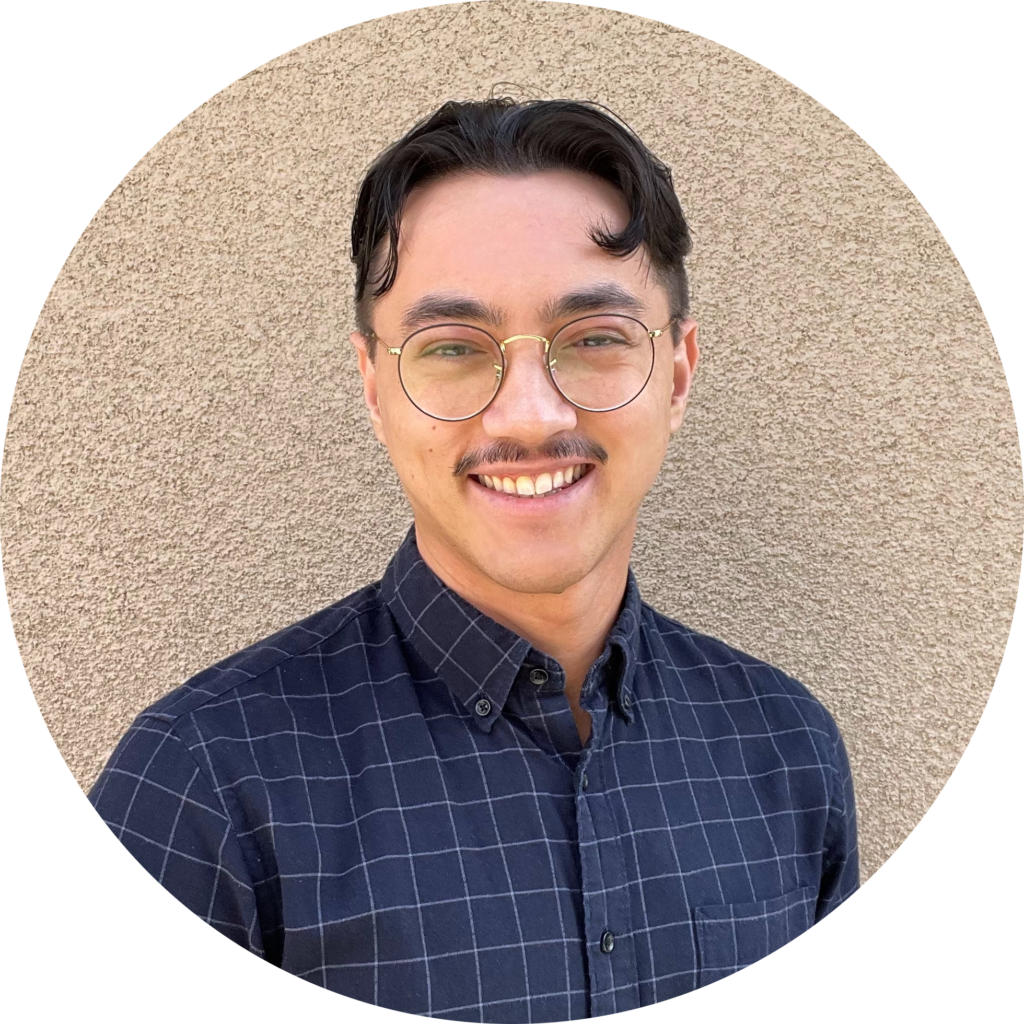
Jarred Sutton, our Teaching Intern & Administrative Assistant, was born and raised in Northern California. He has a bachelor’s degree in Ministerial Leadership from Southeastern University where he gained a love for Biblical Studies and a desire to read the biblical authors in their own words. He began studying Ancient Greek and Latin with ALI, and developed a voracious appetite to learn all that the Ancient Greek and Latin authors have left us.
He is now involved with the administration side of the Ancient Language Institute while also learning how to use the natural method in teaching.
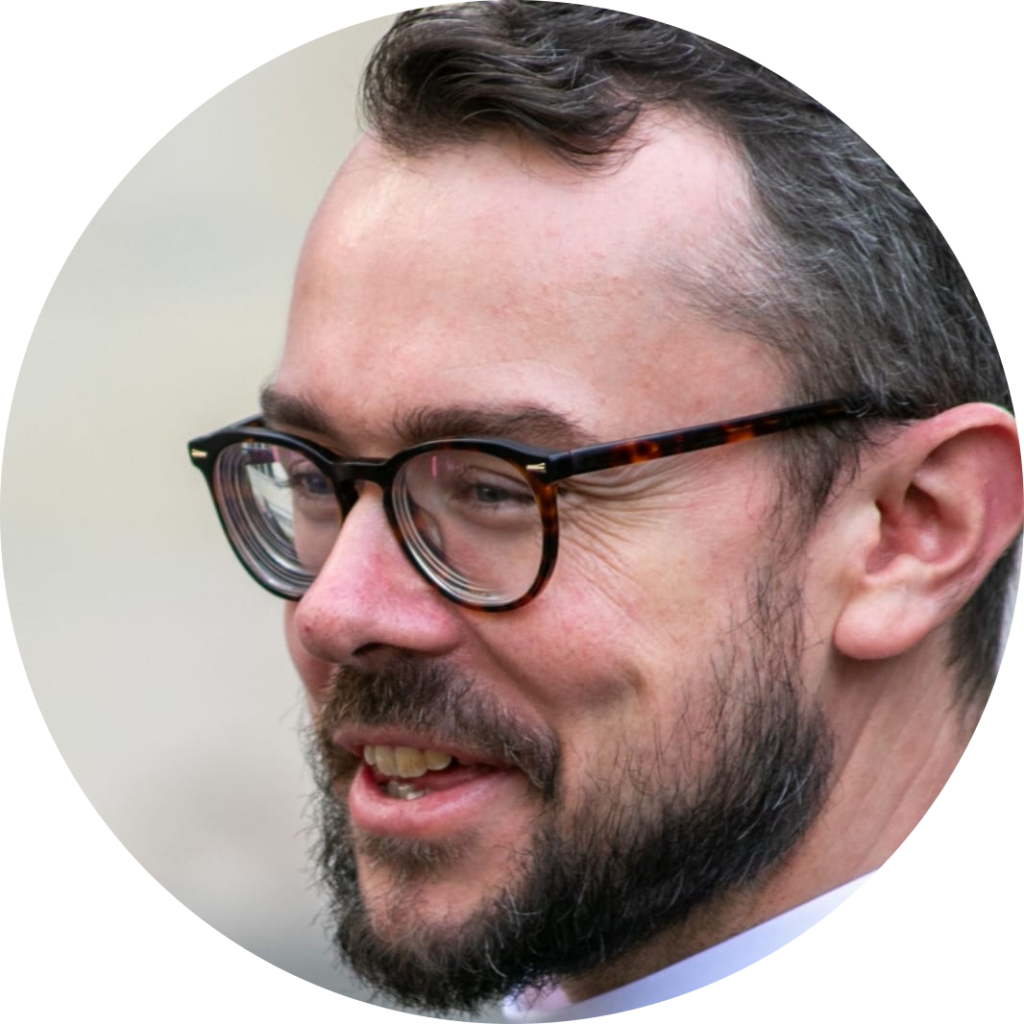
Daniel Newman, our Latin Fellow, grew up on the south coast of England and read Medicine at Oxford, initially intending to become a doctor. However, he was recommended for training for ordained ministry in the Church of England and went on to read Theology at Cambridge, during the course of which he studied Greek and Hebrew. After being ordained in 2013, he served in parishes on the south coast, near London, and in the countryside.
He now works at New Saint Andrews College, Moscow, Idaho, as Director of Student Affairs, providing pastoral care for students and overseeing student leaders, and a Lecturer in Theology.
He first learned Latin from his German teacher (and sat the exam alongside him!) more than twenty years ago, and it has been resurrected at NSA. He is looking forward to reading seventeenth-century theological works in Latin as part of his research into Thomas Traherne. In his spare time, he enjoys fencing.
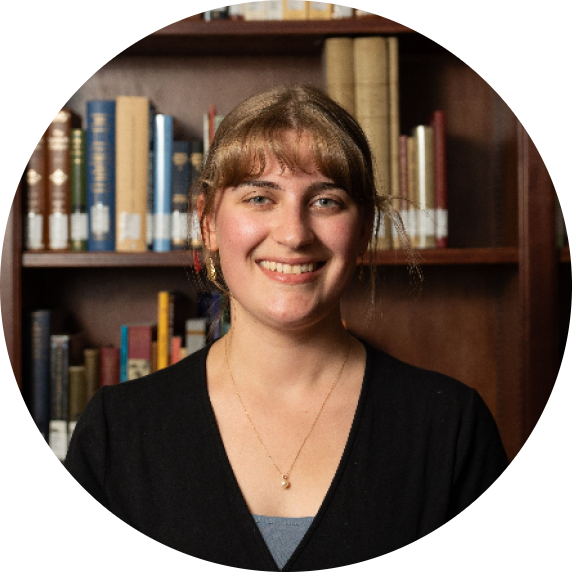
Katie Nixon, our Latin Fellow, has been studying ancient languages since before high school, but only experienced a living language approach when she started attending New Saint Andrews College. There, she has had the opportunity to study not only Latin and Hebrew, but also language pedagogy in history and in practice. During her time at NSA, she has worked in Latin education through tutoring and her work with Tim Griffith at Picta Dicta. Katie loves to see students grow in skill and wisdom, and is excited to introduce kids to the joy of learning Latin.
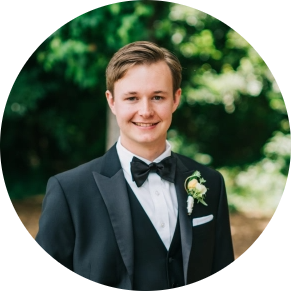
Parker Gilley, our Latin & Ancient Greek Fellow, serves as the Chair of Languages at St. Francis Classical Academy in Milton, Florida, teaching Latin, Greek, Calculus, Rhetoric, and whatever else he can imagine. He has a B.A. in Classics, English, and Philosophy from Samford University and an M.A. in Classics from the University of Kentucky, as well as a Certificate in Active Latin from the Institute for Latin Studies. He has taught Latin and Greek at the primary, secondary, and university level, translated dusty copies of unread Neo-Latin epic poems from the British Library, and declaimed Plato at Delphi. He writes when he can and farms when he should and is thankful to be a country boy at heart.
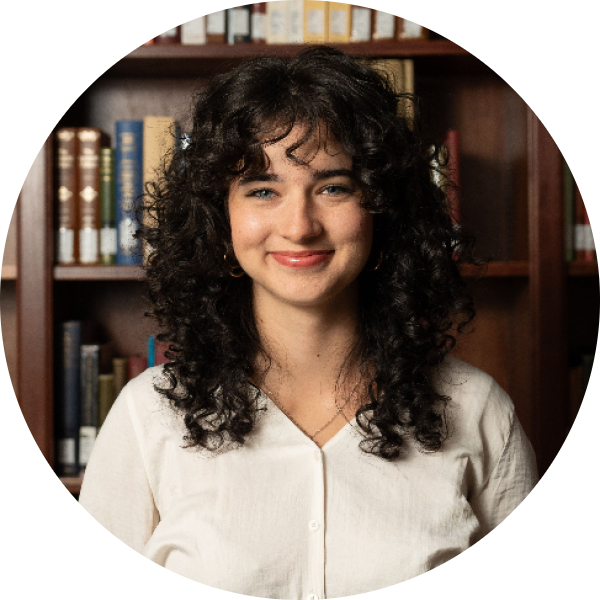
Jade Zasadny, our Latin Fellow, was first introduced to ancient languages in middle school. Unimpressed and thoroughly bored by the teaching, she dropped Latin to study Ukrainian. Under the impression that modern languages were far richer and prettier than the dry dead languages, she was surprised to find that Latin was as vibrant as any modern language while at New Saint Andrews College. At NSA, she had the privilege to study two years under Tim Griffith, and has since loved reading and speaking in Latin. In the last four years, Jade has taught English to students from around the world, and has found that her favorite part of teaching a new language is getting students to think independently of their native language, and to see the world from a different linguistic perspective. When she’s not in school or working, you can catch her tinkering with a new language, trying new recipes, or (more often than not) getting distracted by the flora and fauna on hikes.
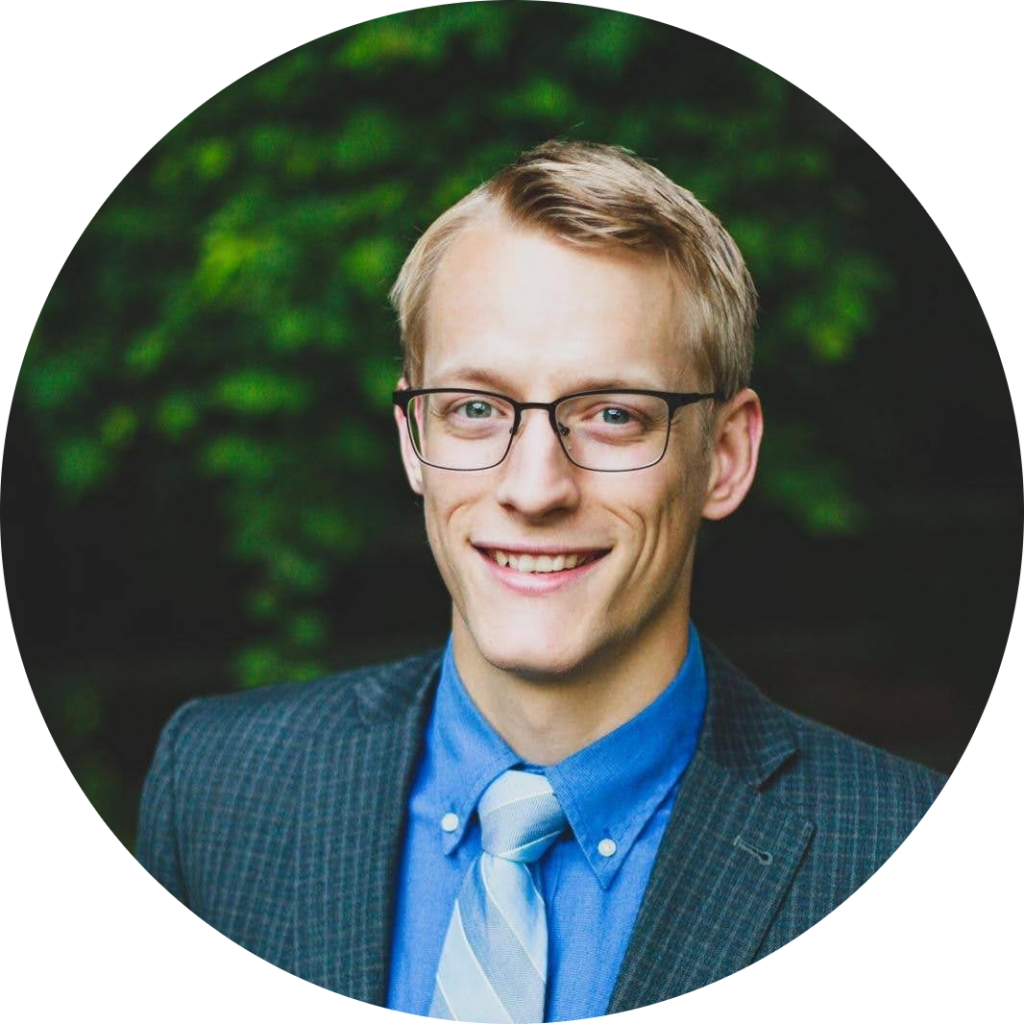
Reuben Jansen, our Latin Fellow, received his B.A. From New Saint Andrews College where he studied Latin, Greek, and Hebrew. Reuben is the head of Languages and Humanities at Covenant Preparatory School in Southern Pines, North Carolina. He is author of the Picta Dicta Latin Primer series, co-author of the Latin Grammar series, and author of the Puer et Monstrum reader. Latin is his favorite distraction from ice-hockey which he plays with his 5 children while his pregnant wife (#6) cheers them on.
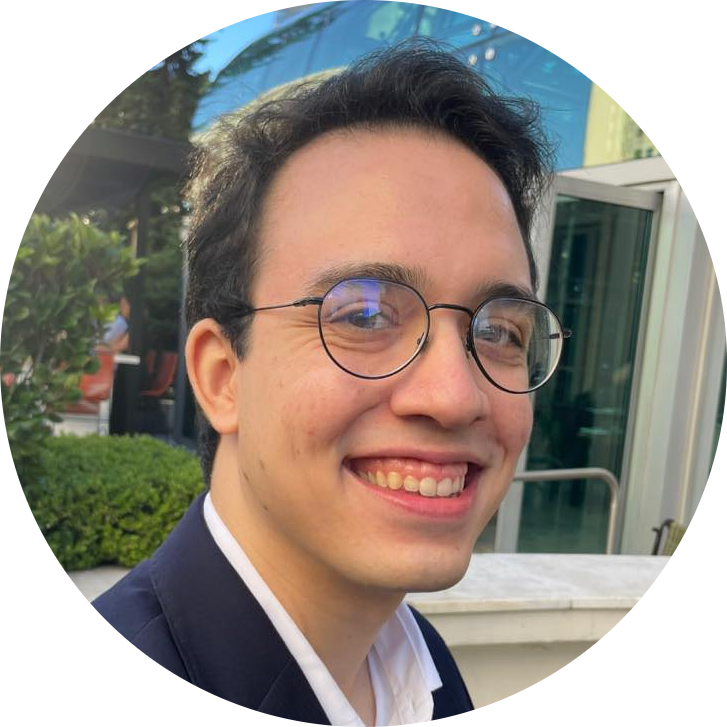
Gustavo Emos, our Biblical Hebrew Fellow, a BA graduate of German Literature from the University of Sao Paulo, is really passionate about languages. Gustavo has mastered both Modern and Biblical Hebrew through his travels in Israel, classes with rabbis, and rigorous courses, learning both Ashkenazic and Sephardic pronunciations. As a practicing Jew, he regularly reads the Torah at local synagogues. He is dedicated to teaching Biblical Hebrew through engaging stories and conversations, unveiling the profound depths of the scriptures in their original form. Additionally, Gustavo volunteered at the Jewish Museum of Sao Paulo, organizing exhibitions and translating materials in Yiddish, Hebrew, and German. Since April 2020, he has been teaching Yiddish privately and for institutions like the Workers Circle in New York and the Pontifical Catholic University of Rio de Janeiro.
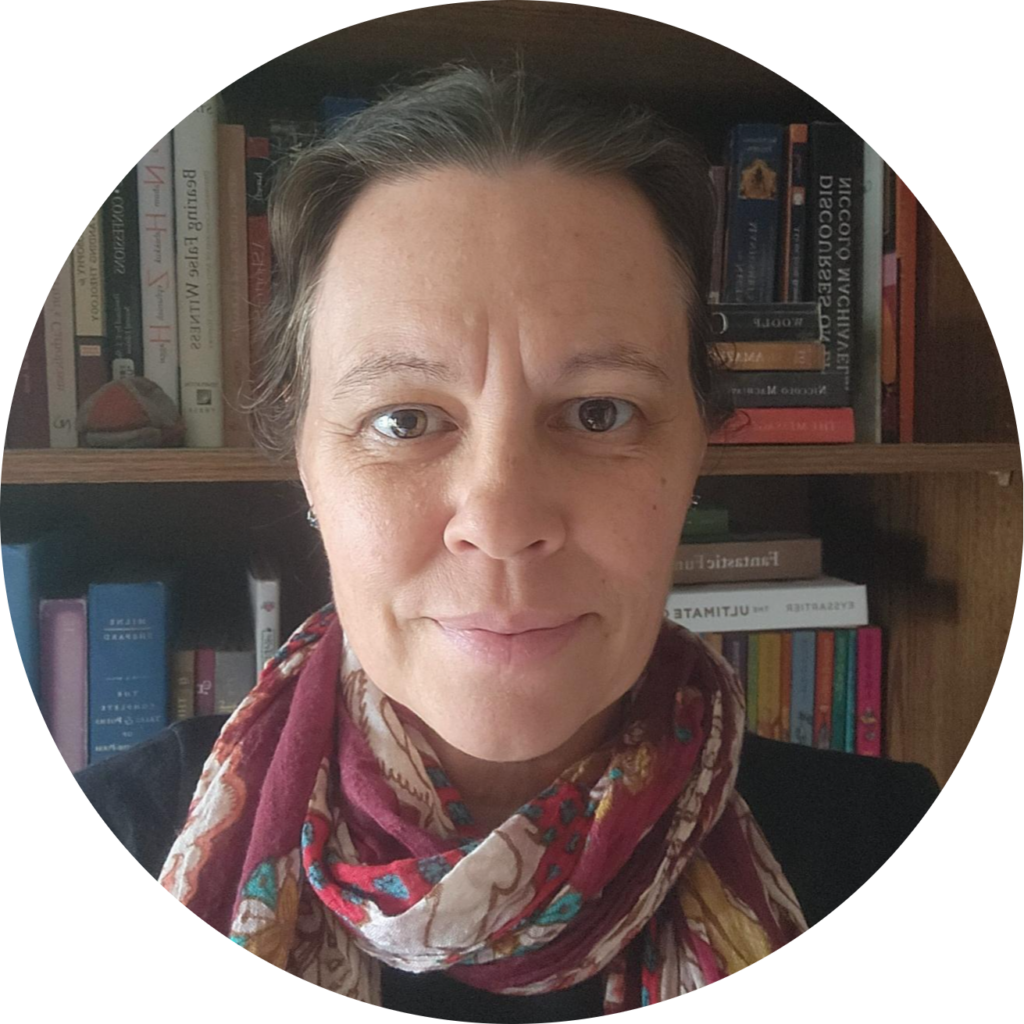
Kimberly Taylor, our Old English Fellow, is a lover of books, languages, and learning. She received one of her Bachelor’s from Mount Holyoke College with a double major in German Studies and Economics. She firmly believes that a teacher should never stop learning, and to that end, Kimberly is currently studying for an advanced degree in Germanic Philology where Old English and Old Norse have found a special place in her heart. Prior to joining ALI, she taught German and Spanish both online and in the traditional classroom for many years to students of all ages using a variety of teaching methods.
